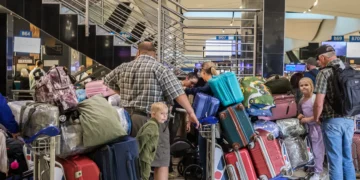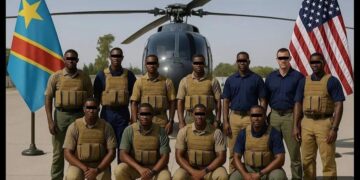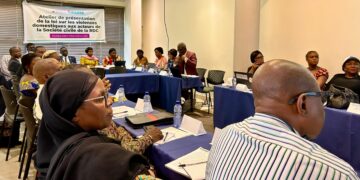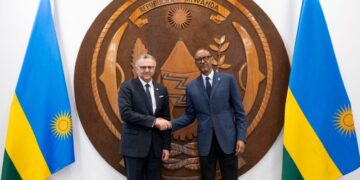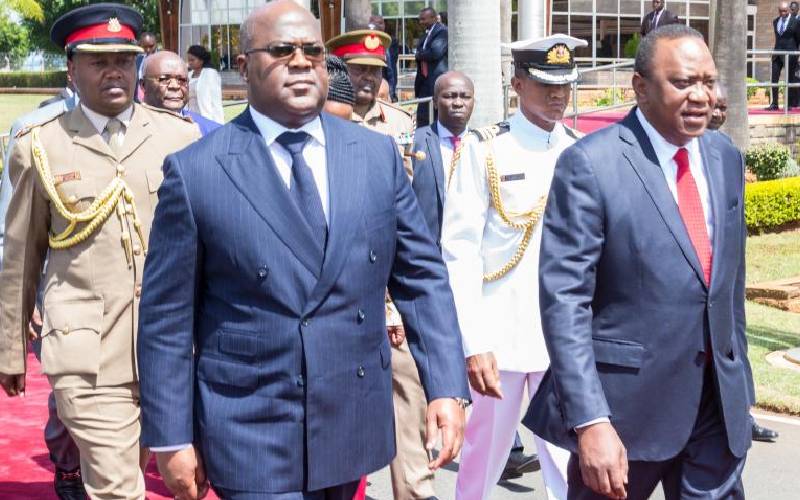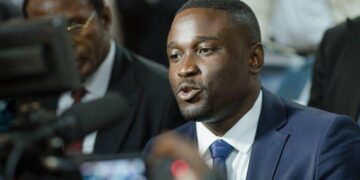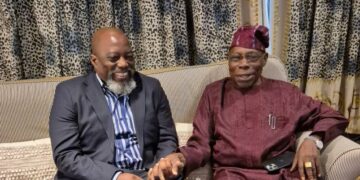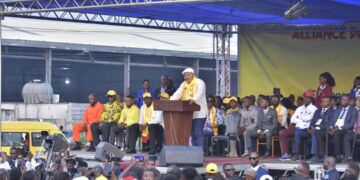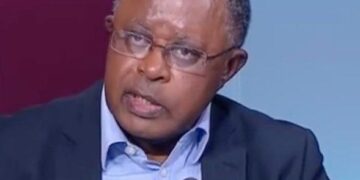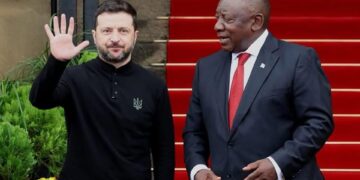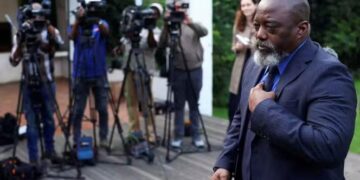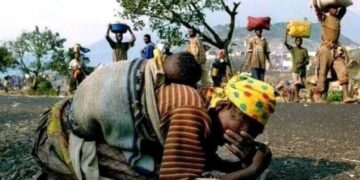This development, seen by some as an assertion of state sovereignty and by others as a political vendetta, marks the first time Kabila faces potential legal consequences since stepping down from power in 2019 after 18 years at the helm.
Allegations: Secret Contacts with “Aggressors”
According to senior officials in Kinshasa, Joseph Kabila allegedly undertook several unauthorized trips over the past year to:
- Rwanda, a nation the Congolese government accuses of actively supporting the M23 rebel movement;
- Territories under the control of M23 and other armed groups, notably in North Kivu, where Congolese security forces are engaged in ongoing operations.
These visits, reportedly conducted without coordination or disclosure to any Congolese state institution, have triggered alarm within the security and intelligence apparatus, prompting the initiation of a classified investigation.
The state believes these actions may amount to:
- Undermining national security;
- Engaging with hostile forces;
- And possibly conspiring with foreign powers, a charge that could fall under high treason if substantiated.
“There is no justification for a former Head of State to meet with known aggressors of the nation without transparency or institutional oversight,” said a senior presidential advisor.
Legal Path: Immunity, Senate Vote, and Constitutional Debate
Kabila, as a Senator for life under the Congolese Constitution, enjoys parliamentary immunity, which means he cannot be prosecuted unless the Senate votes to lift that protection.
A formal request is expected to be submitted by the Ministry of Justice to the Senate this week. If approved, it would pave the way for a full-fledged legal process including summonses, interrogations, and potentially, charges.
However, the process is not guaranteed to succeed:
- The Senate remains divided, with many seats still occupied by Kabila loyalists from his FCC (Common Front for Congo) coalition.
- The constitutional interpretation of “treason” and “institutional breach” may become a contested legal battlefield.
- The timing amid rising insecurity and economic grievances has drawn criticism from both opposition leaders and civil society.
The situation is politically explosive. Former presidential candidate and opposition figure Moïse Katumbi has warned against what he calls “political score-settling”.
“Rather than using the justice system to settle old scores, the government should focus on inclusive dialogue and national unity,” Katumbi said in a statement issued earlier this week.
Kabila’s political network, although weakened since 2019, remains influential, especially in the military, mining sectors, and certain provincial governments. Any legal assault on the former president could deepen political polarization, potentially destabilizing institutions and sparking unrest in regions loyal to him.
A Geopolitical Flashpoint
The eastern DRC is currently in crisis, with dozens of towns under M23 control, over seven million internally displaced people, and tensions running high between Kinshasa and Kigali.
In this context, allegations that a former president may have entered into informal talks with foreign actors or armed groups seen as aggressors are being treated with the utmost seriousness by President Félix Tshisekedi’s administration.
“This goes beyond politics. It’s a matter of sovereignty. Any unauthorized contacts with enemy forces must be scrutinized,” said a government spokesperson.
However, no concrete evidence of the alleged visits has yet been made public, and Kabila has not responded personally to the accusations.
Civil Society Reactions and the Risk of Precedent
Legal watchdogs and civil society groups are calling for transparency, due process, and an independent investigation, warning that selective justice or political manipulation of the judiciary could erode public trust.
“This could be a historic opportunity for accountability or a dangerous precedent for persecution,” said Mbuyi Kalonji, director of the Congolese Barometer of Political Integrity.
Conclusion: Justice or Political Gambit?
As the nation waits for the Senate’s decision on lifting Kabila’s immunity, observers agree that the stakes are high. This legal move could:
- Reinforce rule of law and accountability in a country where former leaders have often been untouchable;
- Or signal a deepening of political rivalry, at a time when unity is needed to confront external threats and internal divisions.
For now, Kabila remains silent. But the battle for justice or political control has clearly begun.


